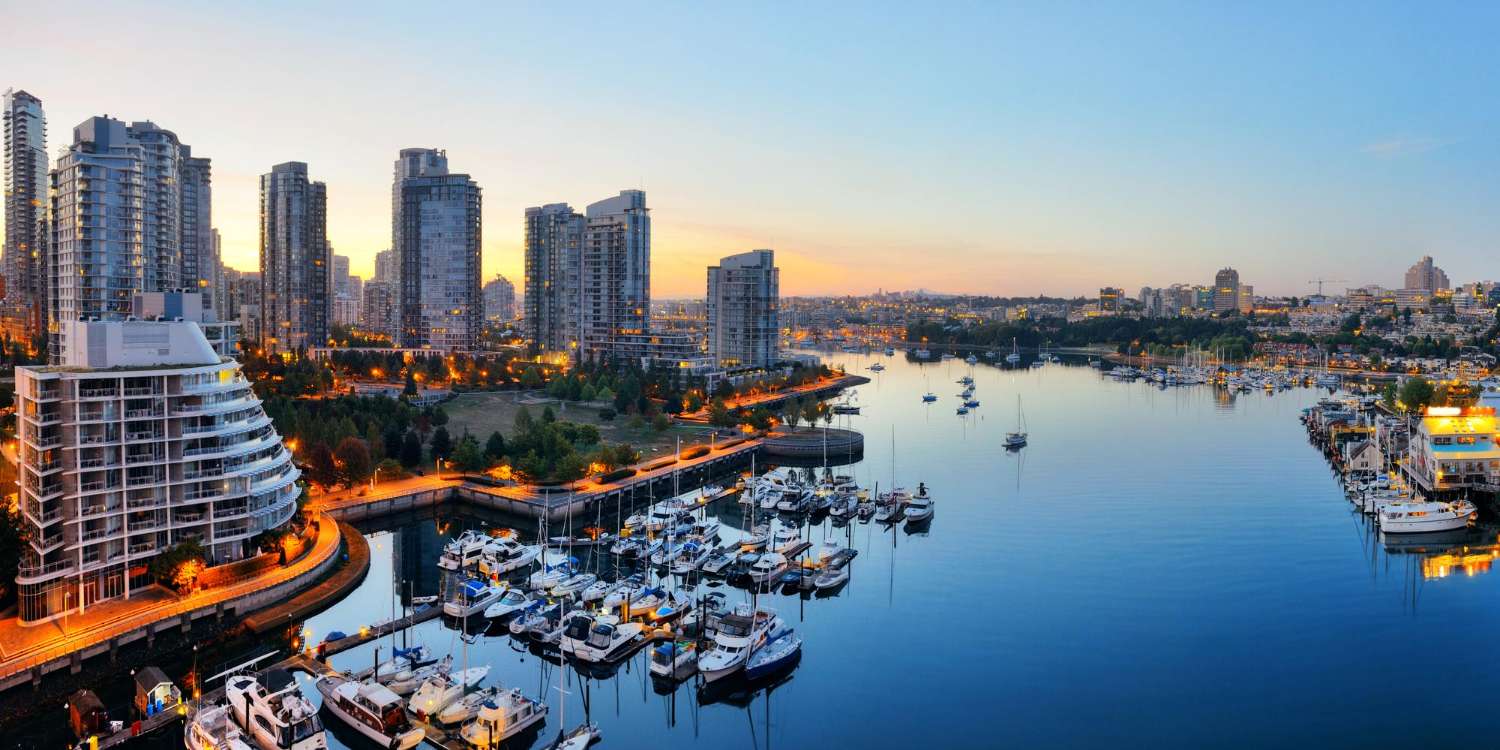Canada has become a popular destination for immigrants from all over the world. Many people move to Canada for various reasons, including economic opportunities, quality of life, and a welcoming immigration system. In addition, with its strong economy, multicultural society, and reputation as a safe and inclusive country, Canada has become an attractive option for those looking to start a new life abroad. In this article, we will explore some of the reasons why immigrants are choosing Canada.
Canada is a popular destination for immigrants due to its high quality of life. Canada offers many advantages to those seeking a better life, from its stunning natural scenery to its excellent healthcare system and strong social safety net. The country has a diverse and inclusive society that values multiculturalism and tolerance, making it an attractive place for people worldwide. Additionally, Canada’s strong economy provides ample job opportunities and a high standard of living for its residents. As a result, Canada is consistently ranked as one of the countries with the highest quality of life globally. According to the 2021 United Nations Human Development Index, which measures life expectancy, education, and standard of living, Canada ranks 16th out of 189 countries. In addition, the 2021 World Happiness Report, which measures happiness based on factors such as income, social support, and freedom, ranked Canada as the 15th happiest country out of 149. Overall, these statistics and rankings support the idea that Canada offers its residents a high quality of life, which is a significant reason why it is a popular destination for immigrants.
Another reason Canada is an attractive destination for immigrants is its strong economy and low unemployment rate, with many job opportunities across various industries. According to Statistics Canada, the country’s unemployment rate as of January 2022 was 6.5%, which is relatively low compared to many other countries. Canada’s strong economy is driven by various industries, including natural resources, manufacturing, technology, and services. The government has a large and diverse workforce, with opportunities available for workers with a wide range of skills and experience. Canada has seen solid job growth in healthcare, technology, and construction in recent years.
Canada’s education system is one of its many strengths and is a significant reason it is an attractive destination for immigrants. According to the Organization for Economic Cooperation and Development (OECD), Canada ranks among the top countries in the world in terms of education, with high levels of achievement in literacy, numeracy, and science.
The Canadian education system is publicly funded and administered by individual provinces and territories, emphasizing equal access to education and inclusiveness. According to Statistics Canada, more than 5.2 million students were enrolled in elementary and secondary schools in Canada in 2021, with another 2.1 million registered in post-secondary education.
In addition to a high-quality public education system, Canada is home to many excellent universities and colleges, including several that rank among the top institutions in the world. For example, the University of Toronto, McGill University, and the University of British Columbia are all consistently ranked in the top 50 universities in the world.
Canada’s commitment to education extends to its approach to welcoming and integrating immigrants. The country has established programs to support immigrant students and their families, such as language training, mentorship programs, and academic advising. In addition, the Canadian government has introduced measures to make it easier for international students to work and stay in Canada after completing their studies, providing opportunities to build successful careers and contribute to the country’s economy.
Canada’s immigration policies are a significant factor in making the country an attractive destination for immigrants. The Canadian government has established programs and policies to attract skilled workers, entrepreneurs, and family members of Canadian citizens and permanent residents. One of the most well-known immigration programs in Canada is the Express Entry system, which was introduced in 2015. The points-based system prioritizes the selection of skilled immigrants based on their age, education, language proficiency, and work experience. Another popular program is the Provincial Nominee Program, which allows provinces and territories to nominate candidates for permanent residency based on their local labour market needs and other criteria. Canada’s family reunification program is also a significant draw for immigrants. The program allows Canadian citizens and permanent residents to sponsor their spouses, children, parents, and grandparents for permanent residency in Canada, helping to keep families together and providing a sense of security and stability. In addition to these programs, Canada has established measures to support refugees and other vulnerable populations. For example, the country has a long tradition of welcoming refugees and has introduced programs such as the Private Sponsorship of Refugees Program, which allows private citizens and organizations to sponsor refugees and support their settlement in Canada.
Canada’s immigration policies are widely seen as inclusive and welcoming, and the country has a reputation for being open to diversity and multiculturalism. According to the 2021 Census, immigrants make up 22.3% of Canada’s population, and the country has one of the highest rates of immigration per capita in the world.
Canada’s political stability is another significant reason the country is an attractive destination for immigrants. Canada is a democratic country with a stable political system and a strong tradition of upholding human rights and the rule of law. Canada has a parliamentary system of government, with a constitutional monarchy and a prime minister as the head of government. The country has a long history of peaceful transitions of power and a political system based on solid democratic institutions and principles. In addition to its domestic political stability, Canada is known for its role as a global leader in promoting peace, stability, and democracy. Canada is a founding United Nations member firmly committed to international cooperation and human rights. Many immigrants come from countries experiencing political instability, conflict, or persecution and seek a safe and stable place to build a better life for themselves and their families. According to Immigration, Refugees and Citizenship Canada (IRCC), Canada welcomed more than 1.2 million immigrants between 2016 and 2021, with many being refugees and protected persons. This demonstrates that Canada’s political stability and commitment to human rights are essential factors in attracting immigrants to the country.
Multiculturalism is a core value in Canadian society, and the country has a long tradition of welcoming and embracing diversity. Canada’s multicultural policies were officially adopted in 1971 to promote a community that respects and celebrates diversity and helps to create a sense of inclusion and belonging for all Canadians, regardless of their cultural background. One of the critical features of Canada’s multicultural policies is the recognition and celebration of the country’s diverse cultural heritage. Canada has two official languages, English and French, and recognizes the contributions of the many different cultures that make up its population. Canada’s commitment to multiculturalism is widely seen as a source of strength and a critical factor in the country’s success as a diverse and inclusive society. According to the 2021 Census, over 22% of the Canadian population belongs to a visible minority group, with over 300 different ethnic origins represented in the country.
Finally, immigrants choose Canada because of its beauty. Canada is a vast country with stunning natural landscapes, from the Rocky Mountains to the Northern Lights to the rugged coasts of Newfoundland and Labrador. Canada is the second-largest country in the world by land area. It has diverse natural environments, including vast forests, rolling prairies, rugged mountains, and thousands of lakes and rivers. According to Statistics Canada, about 11% of Canada’s land is covered by water, and there are over 300,000 lakes in the country, including the famous Great Lakes. Canada is also home to many national and provincial parks, which protect and showcase the country’s natural wonders, such as Banff National Park, Jasper National Park, and Algonquin Provincial Park.





